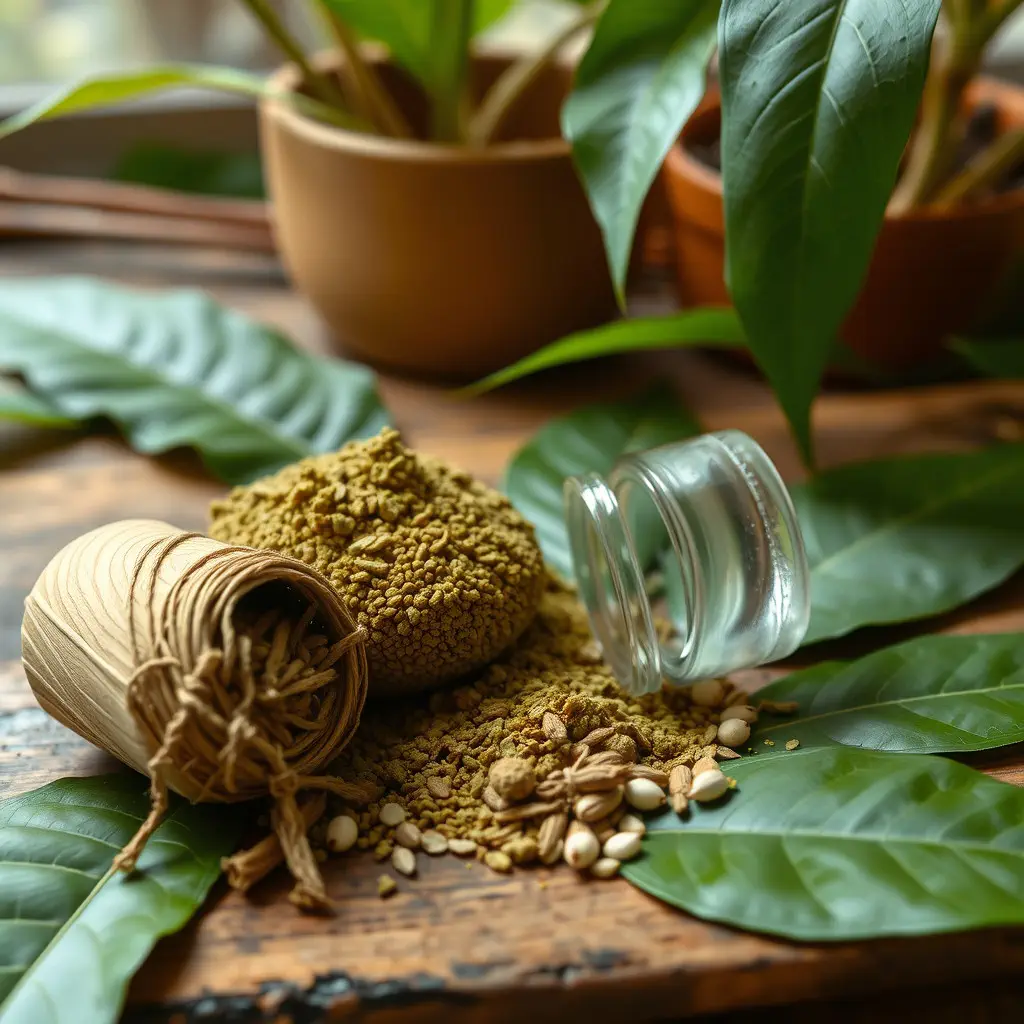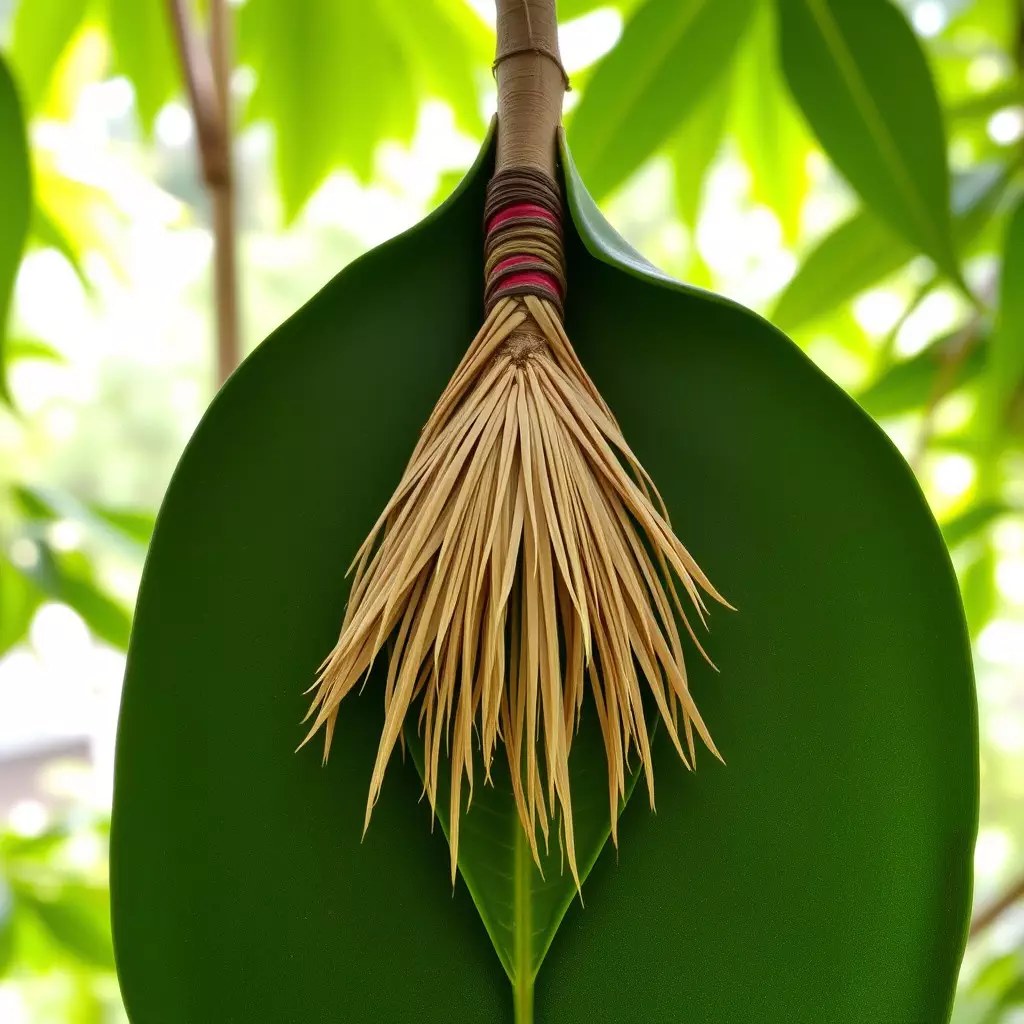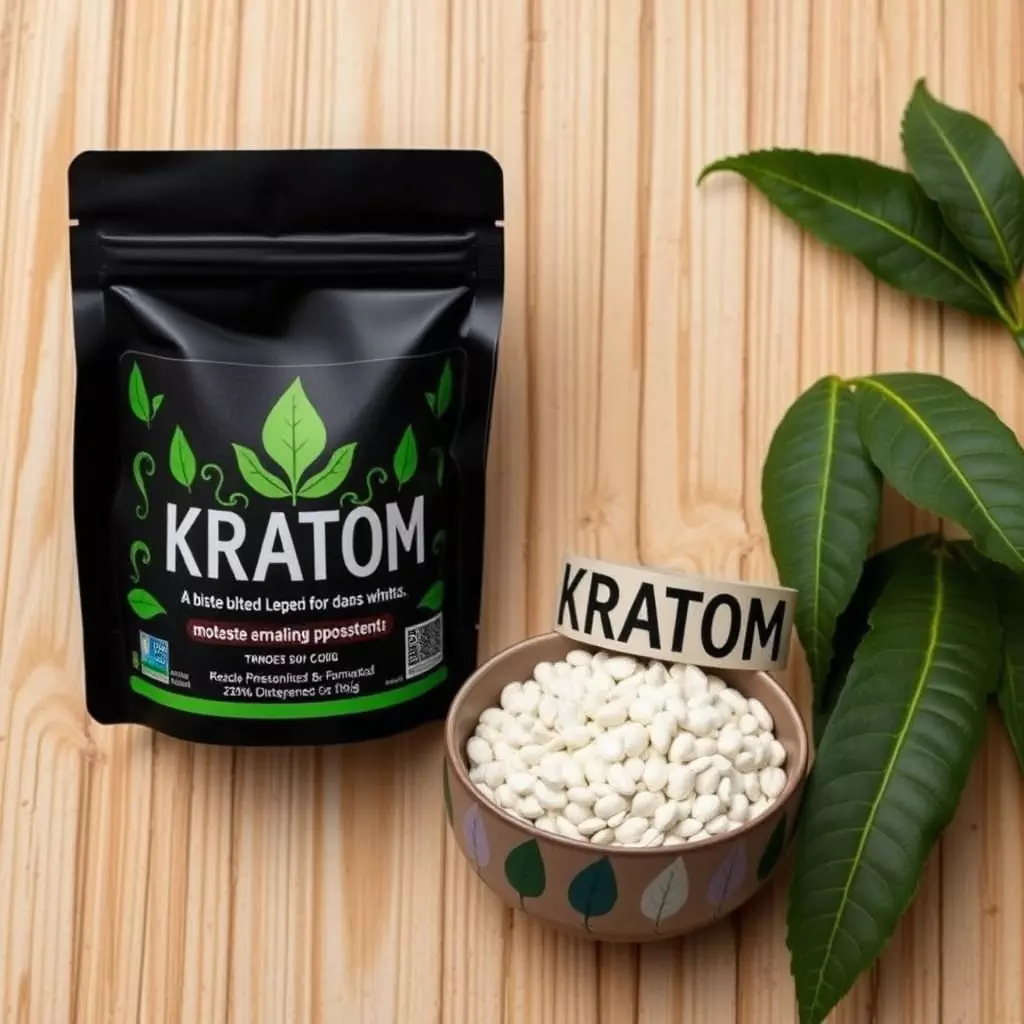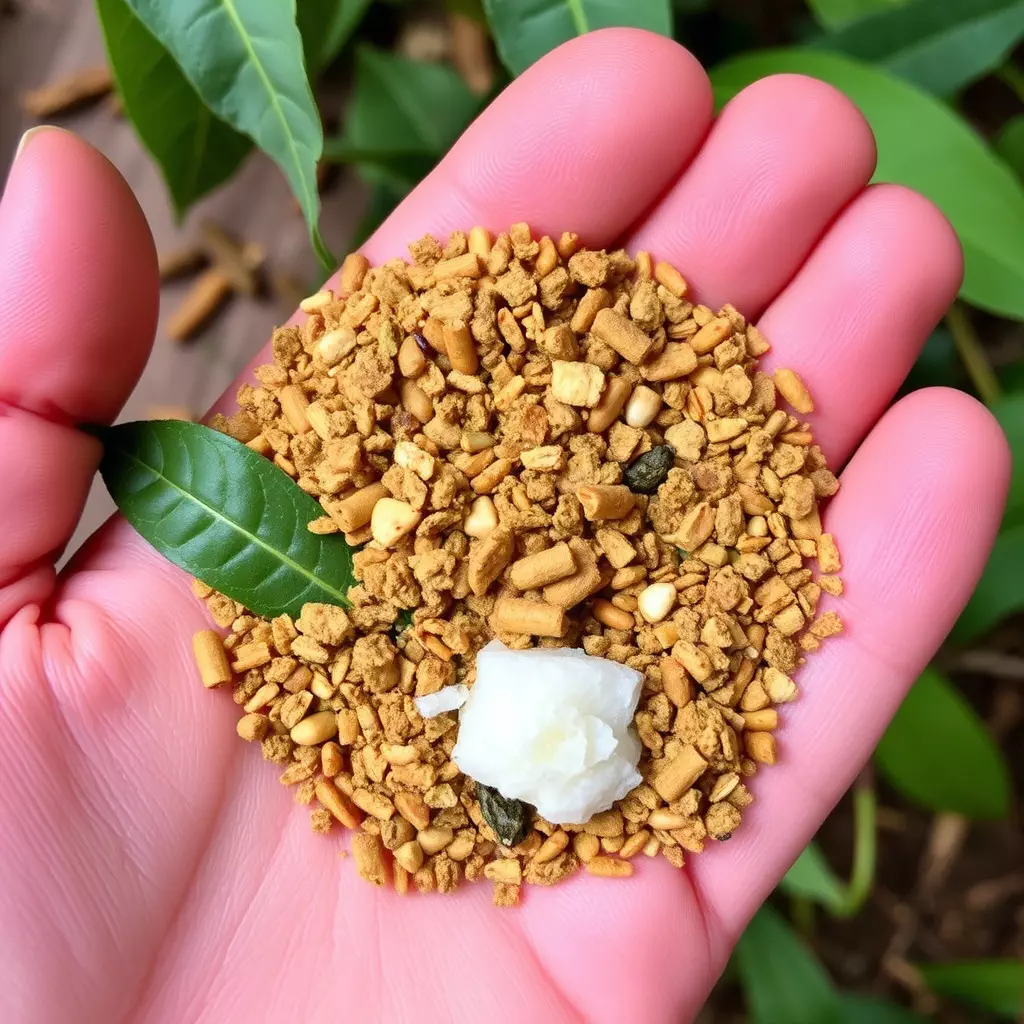As of the latest update, Kratom derived from Mitragyna speciosa trees remains a legally contested substance in the U.S., with no federal classification as a controlled substance but with varying state-level regulations. In Michigan, while there have been legislative attempts to classify it as a Schedule I substance, these efforts have been met with opposition, leaving its legal status ambiguous. Governor Rick Snyder signed legislation in 2018 that treats Kratom similarly to prescription drugs, affecting how vendors handle and label the product. Users in Michigan must stay informed, as local ordinances can impose additional restrictions not aligned with state regulations. Nationally, Kratom is legal in some states but illegal in others like Indiana, Vermont, and Alabama. It's important for individuals interested in Thai Kratom Powder to verify its current legal status, consult healthcare professionals about potential health effects, and monitor legal changes due to the evolving regulatory environment surrounding Kratom use, particularly in Michigan.
Exploring the intricacies of Thai Kratom Powder, this comprehensive article delves into its current legal standing within Michigan, shedding light on the ever-evolving legislation surrounding this botanical substance. With a focus on its origins and the nuanced effects it imparts, we navigate through the realms of health and wellness to uncover the benefits and considerations associated with Thai Kratom Powder. For those questioning “Is kratom illegal in Michigan?” this piece serves as an indispensable guide to understanding the plant’s complex legal landscape and its impact on individuals’ well-being.
- Navigating the Legal Status of Thai Kratom Powder in Michigan: An Overview
- Understanding Thai Kratom Powder: Origins, Effects, and Usage
- The Role of Thai Kratom Powder in Health and Wellness: Benefits and Considerations
Navigating the Legal Status of Thai Kratom Powder in Michigan: An Overview

In recent years, the legal status of Kratom, a plant-based product derived from the leaves of Mitragyna speciosa trees native to Southeast Asia, has been a subject of debate and legislative action across various states in the United States. In Michigan, the conversation around the legality of Thai Kratom Powder has seen its share of fluctuations. As of the knowledge cutoff date, Kratom is not explicitly classified as a controlled substance at the federal level; however, the U.S. Food and Drug Administration (FDA) has raised concerns regarding the safety of Kratom and its potential for abuse and addiction. On the state level, individual states have enacted varying laws to regulate or ban Kratom. In Michigan, it is important to note that the legality of Thai Kratom Powder can vary by locality, with some municipalities having ordinances that restrict its sale or possession. For instance, in 2018, Governor Rick Snyder signed a bill into law that placed Kratom in the same category as prescription drugs, requiring special handling and labeling. This legislative action has implications for vendors and consumers alike, necessitating careful navigation to understand compliance with state regulations. Consumers in Michigan interested in purchasing Thai Kratom Powder should verify the current legal status within their specific city or county, as local ordinances may differ from state laws, and the landscape of legality is subject to change based on ongoing legislative developments. Always ensure that any purchase or use aligns with the most current regulations to avoid legal complications.
Understanding Thai Kratom Powder: Origins, Effects, and Usage

Thai Kratom Powder, derived from the leaves of Mitragyna speciosa trees native to Southeast Asia, has gained considerable attention for its various effects and medicinal properties. The plant’s indigenous origins trace back to countries like Thailand, where it has been traditionally used for centuries. In Thailand, the use and possession of Kratom have been regulated, with legal status fluctuating over time. As of the knowledge cutoff in 2023, questions remain about its legality in various regions, including the United States and specific states like Michigan, where it is subject to changing laws and regulations. In Michigan, for instance, the legal standing of Kratom is a point of contention, with legislative efforts to classify it as a Schedule I controlled substance having been vetoed. Users across the state seek clarity on its status, as they explore its purported benefits, which range from pain relief to mood enhancement and increased energy levels. The effects of Kratom are largely dependent on the dosage and strain; lower doses typically produce stimulating effects, while higher amounts can have sedative properties. It is crucial for individuals considering its use to approach it with caution and to stay informed about the evolving legal landscape surrounding this botanical substance. Users interested in the therapeutic or psychoactive effects of Thai Kratom Powder should also be aware of the variability in alkaloid content, which can influence the intensity and nature of its effects. As with any supplement or medication, it is advisable to consult with healthcare professionals before incorporating Thai Kratom into one’s wellness regimen.
The Role of Thai Kratom Powder in Health and Wellness: Benefits and Considerations

Thai Kratom Powder, derived from the leaves of the Mitragyna speciosa tree native to Thailand, has garnered attention in the health and wellness community for its potential benefits. Often cited for its effects on energy, mood, and pain relief, users have reported a range of positive outcomes when incorporating this natural substance into their routines. While some proponents claim it can enhance focus, reduce fatigue, and alleviate chronic discomfort, it’s important to approach its use with caution due to its complex interactions with the body.
When considering the role of Thai Kratom Powder in one’s health regimen, users must be aware of the legal status of the product in their region. For instance, the legality of kratom varies across the United States, and as of the knowledge cutoff date, it is illegal in several states, including Indiana, Vermont, and Alabama. In Michigan specifically, the legal status is subject to change, with counties and municipalities having varying regulations. Potential users in Michigan should verify current local laws before consumption, as kratom’s legal standing, especially “is kratom illegal in michigan,” can be a dynamic issue influenced by legislative updates and enforcement interpretations. It is also crucial to consider the potential for side effects and interactions with other substances, which could affect overall health. Users are encouraged to consult with healthcare professionals before integrating Thai Kratom Powder into their wellness practices to ensure safe and informed use.
Thai Kratom Powder occupies a complex space within health and wellness, particularly in Michigan where its legal status remains a topic of discussion due to its varying perceptions as both a beneficial natural supplement and a potential substance of concern. This article has shed light on the origins, effects, and diverse uses of Thai Kratom, as well as its role in promoting health and well-being, while also addressing the critical considerations and current legal landscape concerning its use in Michigan, where concerns about its legality are prevalent due to is kratom illegal in michigan being a frequently asked question. It’s clear that Thai Kratom Powder holds significant potential for health benefits when used responsibly. As regulations evolve and more research emerges, consumers and policymakers alike will continue to navigate the nuances surrounding this natural product, ensuring informed decision-making in its utilization within the realm of health and wellness.






